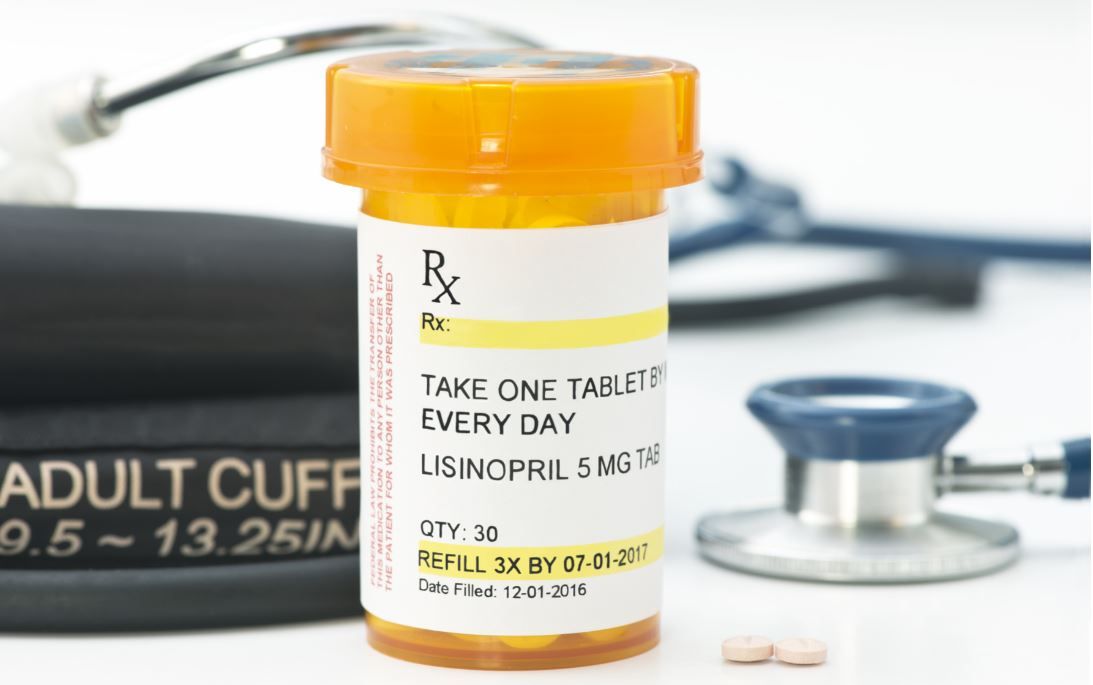- Clinical Technology
- Adult Immunization
- Hepatology
- Pediatric Immunization
- Screening
- Psychiatry
- Allergy
- Women's Health
- Cardiology
- Pediatrics
- Dermatology
- Endocrinology
- Pain Management
- Gastroenterology
- Infectious Disease
- Obesity Medicine
- Rheumatology
- Nephrology
- Neurology
- Pulmonology
Friday's 5 Quotes for Primary Care 4-21-2023
Each of the quotes that follow is taken from a study reviewed on Patient Care® during the past week and was chosen for the research team’s passion about the clinical implications of their findings and for their potential impact on primary care practice.
©roger ashford/AdobeStock

“These data support the use of statins to prevent stroke and transient ischaemic attack in patients with new-onset atrial fibrillation. The findings have important clinical implications particularly given that in atrial fibrillation patients, ischaemic strokes are often fatal or disabling, and have a high risk of recurrence. Our study also found that taking statins for many years was even more protective than short-term use."
©Kletr/Shutterstock.com

“I recommend that anyone diagnosed with prenatal depression be aware of the implications on their long-term cardiovascular health, take steps to screen for other risk factors and consult with their primary care doctor in order to implement prevention strategies for cardiovascular disease. They should also be screened for type 2 diabetes and high cholesterol and implement an exercise regimen, healthy diet and quit smoking.”
©Stock Footage, Inc./Adobe Stock

"These changes to the prescribing information are designed to inform about appropriate prescribing of opioid pain medicines while also recognizing that they remain an important treatment option in appropriate situations and that undertreatment of pain (including abrupt discontinuations and forced tapering) carries its own risks, including other morbidities and even the risk of illicit substance use for self-treatment."
©Sherry Young/Adobe Stock

“The data from this study provide evidence of a substantial heterogeneity in BP response to drug therapy for hypertension. Given the size of the likely benefits, additional studies to confirm these findings, to test for the potential of personalization of combination antihypertensive therapy, and to identify mechanisms to enable the personalization of antihypertensive therapy in routine clinical practice should be a priority.”
©dodardo/Adobe Stock

Consistent with past research, chronic and chronic high-impact pain were more prevalent in groups including older adults, women, veterans, and those with public health insurance. Findings from this analysis not reported before included a higher prevalence of both chronic and high-impact chronic pain among American Indian or Alaskan Native (AI/AN) adults, adults who identified as bisexual, and adults either separated or divorced from a significant other.
